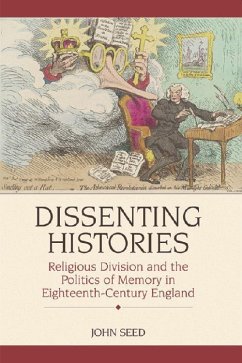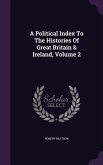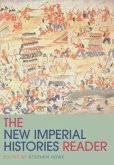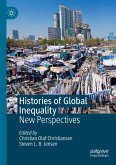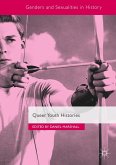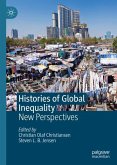This book provides a rich and empirically grounded account of relations between religious dissent, historical writing, public memory and political identity in eighteenth-century England. Part One focuses on the ways in which religious dissent in the first half of the eighteenth century created its own counter-history of England, especially of the seventeenth century. Close attention is paid to a number of largely forgotten works of dissenting history, notably Edmund Calamy's various publications on the ejected ministers between 1702 and 1727, and Daniel Neal's History of the Puritans. David Hume's History of England was the most important history of the English polity published in the eighteenth century. It serves, in Part Two, as the nexus around which the mediations of historical writing, public memory and political situation can be usefully organised for the middle years of the eighteenth century. Chapters explore Hume's politically divisive account of puritanism and dissenting and Whig responses. In Part 3 Edmund Burke comes into focus and the author further explores issues of politics, dissent and identity through close reading of various texts by Burke and by his dissenting and radical opponents between the 1770s and 1790s.
Hinweis: Dieser Artikel kann nur an eine deutsche Lieferadresse ausgeliefert werden.
Hinweis: Dieser Artikel kann nur an eine deutsche Lieferadresse ausgeliefert werden.

